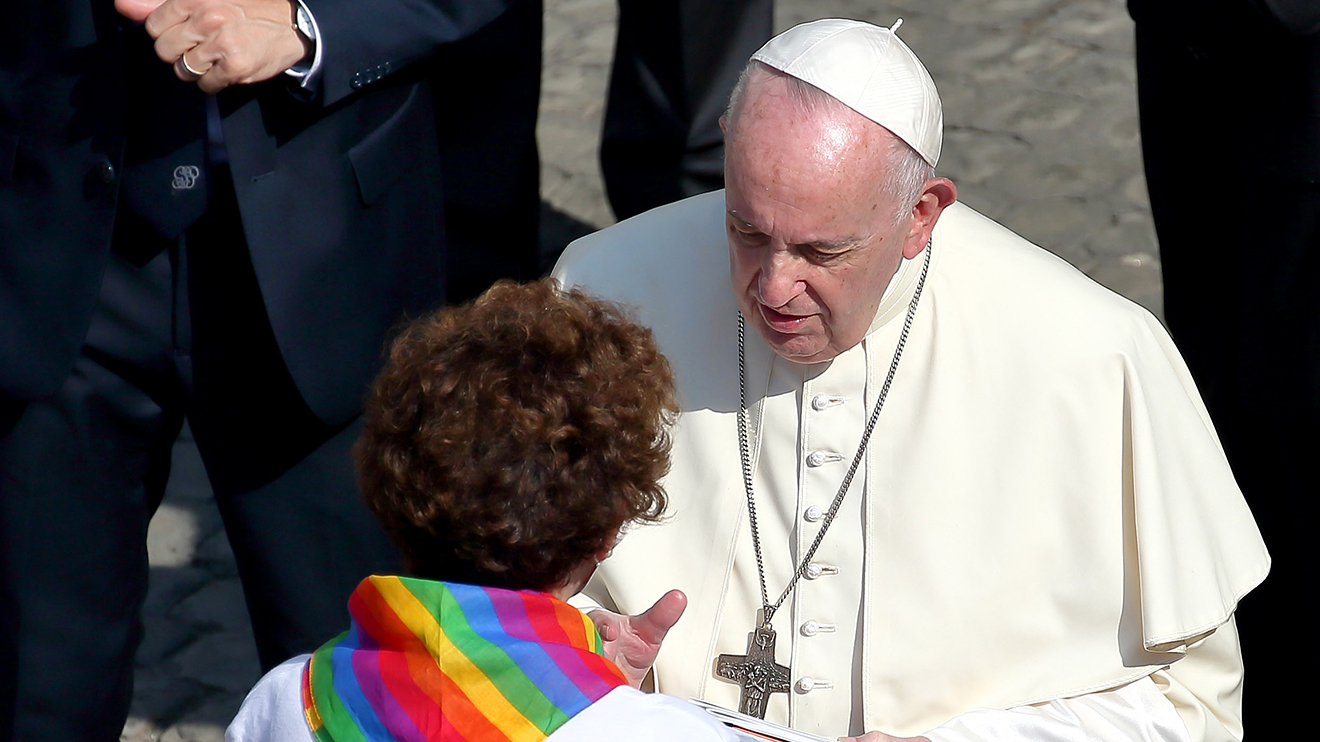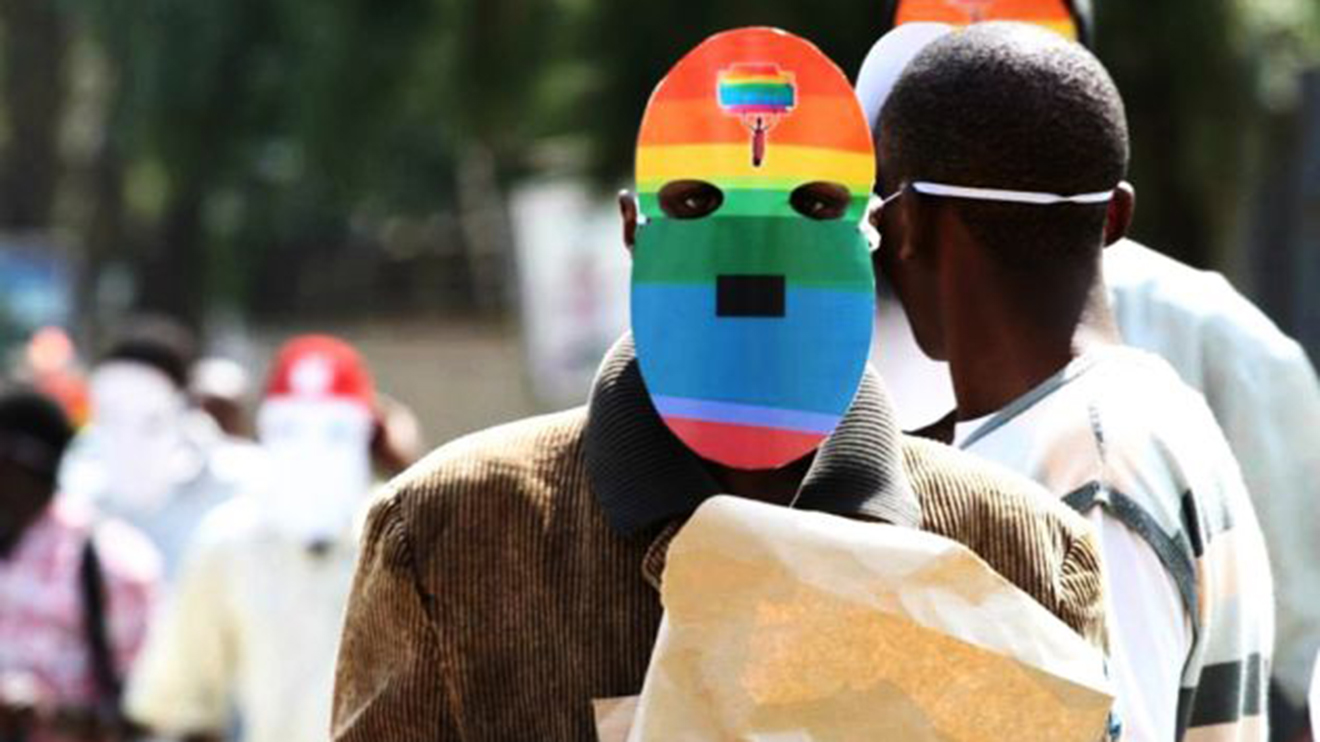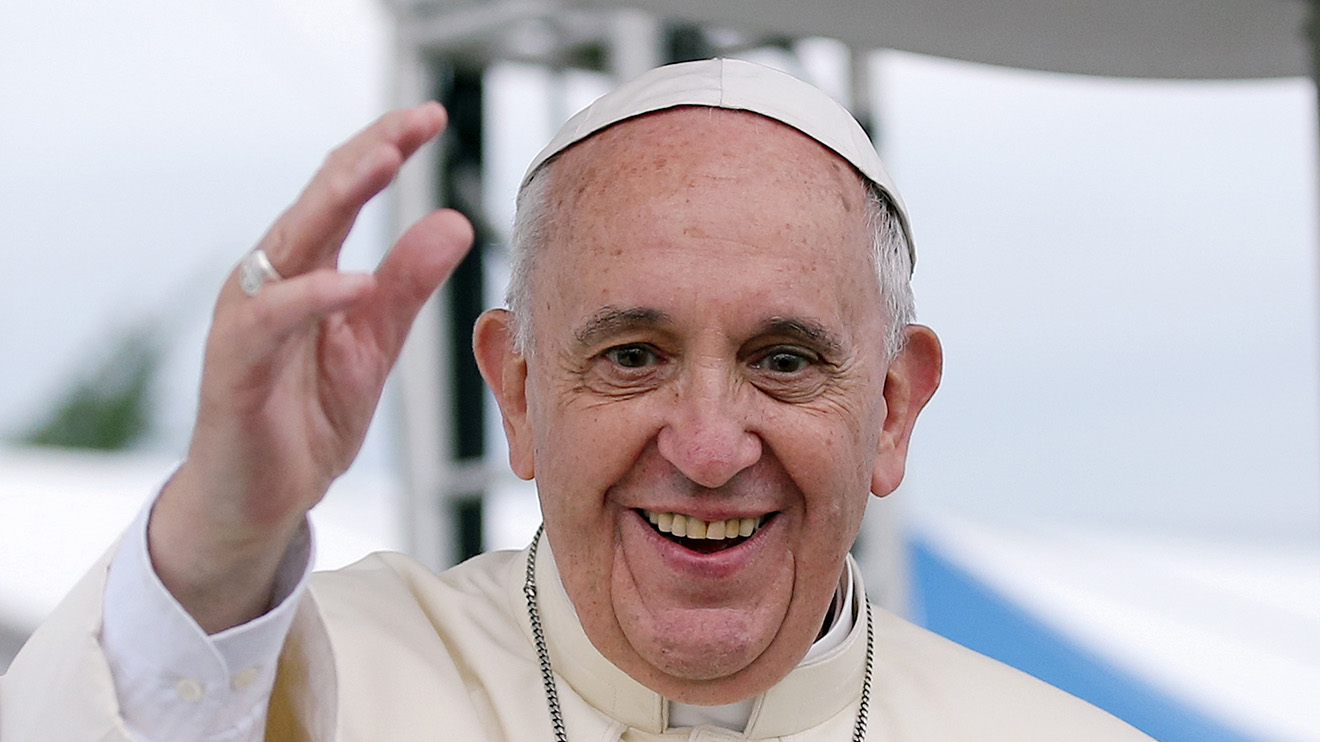Pope Francis has slammed laws that outlaw homosexuality in numerous countries across the world terming them unjust.
The Pope says God loves all his children just as they are and urged Catholic bishops backing such “unjust” regulations to embrace members of the LGBTQ community into the church.
Terming sexuality a “sin,” he admitted that some Catholic bishops in different countries supported laws outlawing homosexuality or discriminate against the LGBTQ community.
The Catholic Church head called for distinction between a crime and a sin on the matter.
“Being homosexual is not a crime. It's not a crime. Yes, but it’s a sin. Fine, but first let’s distinguish between a sin and a crime. It’s also a sin to lack charity with one another,” Pope Francis said in an interview with The Associated Press on Tuesday.
Read More
He, however, credited the anti-homosexuality attitudes to cultural backgrounds and instead called for adjustment among the catholic bishops to recognise the dignity of all.
“These bishops have to have a process of conversion,” Pope Francis said.

While quoting the Catechism of the Catholic Church, he asked the Catholic Church, which he heads, to end discrimination and marginalization of members of the LGBTQ community.
“We are all children of God, and God loves us as we are and for the strength that each of us fights for our dignity,” he added in the AP interview.
The Human Dignity Trust, which works to end anti-LGBTQ laws, says 67 countries globally outlaw consensual same-sex sexual activity, with 11 of them imposing the death penalty.
In 2008, the Vatican refused to append its signature to a UN declaration seeking to legalise homosexuality, but urged countries to avoid “unjust discrimination” against gay people.

In March 2019, a High Court in Kenya upheld sections of the Penal Code that criminalize gay sex saying the said laws did not target the LGBTQ community as alleged in a court petition.
The case stemmed from to a petition filed by activist Eric Gitari in 2016 and backed by pro-LGBTQ groups arguing that two sections of the Kenyan penal code violated people's rights:
1. Section 162(a) and (c) of the Penal Code, which says that it is a felony for any person to have “carnal knowledge of any other person against the order of nature” or to permit “a male person to have carnal knowledge of him or her against the order of nature.” This is punishable by 14 years’ imprisonment.
2. Section 165 of the Penal Code says it is a felony for a male person to commit “any act of gross indecency with another male person,” whether in public or in private. This is punishable by five years’ imprisonment.












